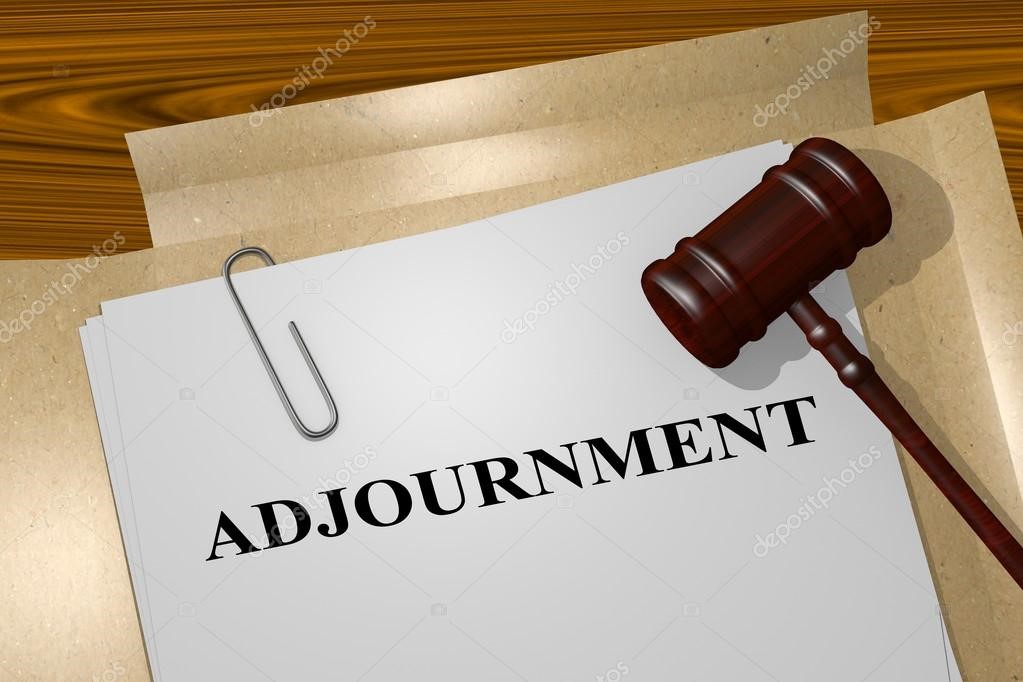
The decision to adjourn a trial hearing is a discretionary one, governed by the interests of justice and necessitating a balancing of interests: Sidoroff v. Joe (1992), 76 BCLR (2d) 82 BCCA .
The court outlined some relevant factors in Navarro v. Doig River First Nation, 2015 BCSC 2173:
A judge exercises discretion when an adjournment is sought and has wide powers in relation to the order that is made. The discretion must, of course, be exercised judicially in accordance with appropriate principles. The exercise of discretion is a delicate and difficult matter that addresses the interests of justice by balancing the interests of the plaintiff and of the defendant. This balancing requires a careful consideration of all of the elements of the case including the nature of the proceedings and the parties.
The Court of Appeal will be extremely reluctant to interfere with a decision of a trial judge on an adjournment matter which is integral to exercise of judicial discretion.
There are numerous factors to be considered on an adjournment application.
The paramount consideration is the interest of justice in ensuring that there will remain a fair trial on the merits of the action.
Because the overall interests of justice must prevail at the end of the day, courts are generous rather than overly strict in granting adjournments, particularly where granting the request will promote a decision on the merits.
The natural frustration of judicial officials and opposing parties over delays in processing civil cases must give way to the interests of justice, which favours a claimant having his day in court and a fair chance to make out his case.
Other factors or considerations include (in no particular order of priority):
• the expeditious and speedy resolution of matters on their
merits (Rule 1-3(1));
• the reasonableness of the request;
• the grounds or explanation for the adjournment;
• the timeliness of the request;
• the potential prejudice to each party;
• the right to a fair trial;
• the proper administration of justice;
• the history of the matter, including deliberate delay or misuse of
the court process; and
• the fact of a self-represented litigant.




